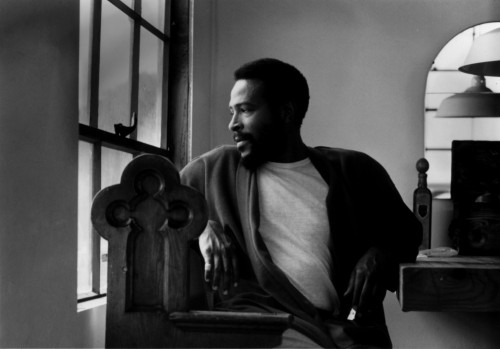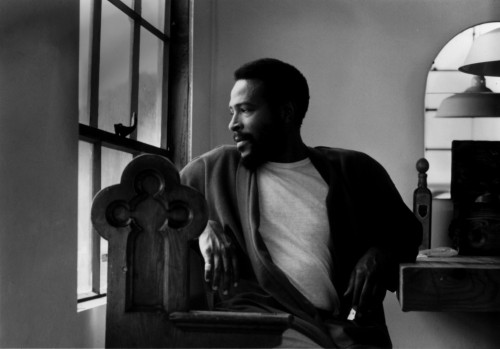

Death and Legacy
The resurgence in Marvin Gaye’s career brought with it an increased reliance on cocaine. Finally, his personal demons forced him back to the U.S., where he moved in with his parents in an attempt to regain control of his life. Tragically, the return home only exacerbated his spiral into depression and he contemplated suicide on several occasions.
On the afternoon of April 1st, 1984, one day before his 45th birthday, Marvin Gaye was shot and killed by Marvin Sr. in the aftermath of a heated argument. His death was met with shock and sadness across the world.
With Gaye’s death came critical evaluation of his work, which deemed “What’s Going On” to be one of the landmark albums in popular history, and his 1987 induction into the Rock & Roll Hall of Fame permanently enshrined him among the pantheon of musical greats.
In his book, Mercy Mercy Me: The Art, Loves and Demons of Marvin Gaye, Michael Eric Dyson described Gaye as someone “who transcended the boundaries of rhythm and blues as no other performer had done before”. His recordings for Motown in the 1960s and 1970s shaped that label’s signature sound. His work with Motown gave him the titles “Prince of Soul” and “Prince of Motown”.
As a Motown artist, Gaye was among the first to break from the reins of its production system, paving the way for Stevie Wonder. Gaye’s late 1970s and early 1980s recordings influenced contemporary forms of R&B such as quiet storm and neo-soul.
Artists from many genres have covered Gaye’s music, including James Taylor, Brian McKnight, Chico DeBarge, Michael McDonald, Aretha Franklin, Diana Ross, Aaliyah, A Perfect Circle, The Strokes and Gil Scott-Heron. Other artists such as D’Angelo, Common, Nas and Maxwell used parts of Gaye’s clothing style from the singer’s mid-1970s period.
According to biographer David Ritz, “since 1983 Marvin’s name has been mentioned – in reverential tones – on no less than seven top-ten hit records.” Later performers such as Kanye West and Mary J. Blige sampled Gaye’s work for their recordings.
Frankie Beverly & Maze based their 1989 album, Silky Soul on Gaye, who had served as the band’s early mentor following their early years. The title track was recorded as a tribute to Gaye and interpolated Gaye’s melody from “What’s Going On”.
